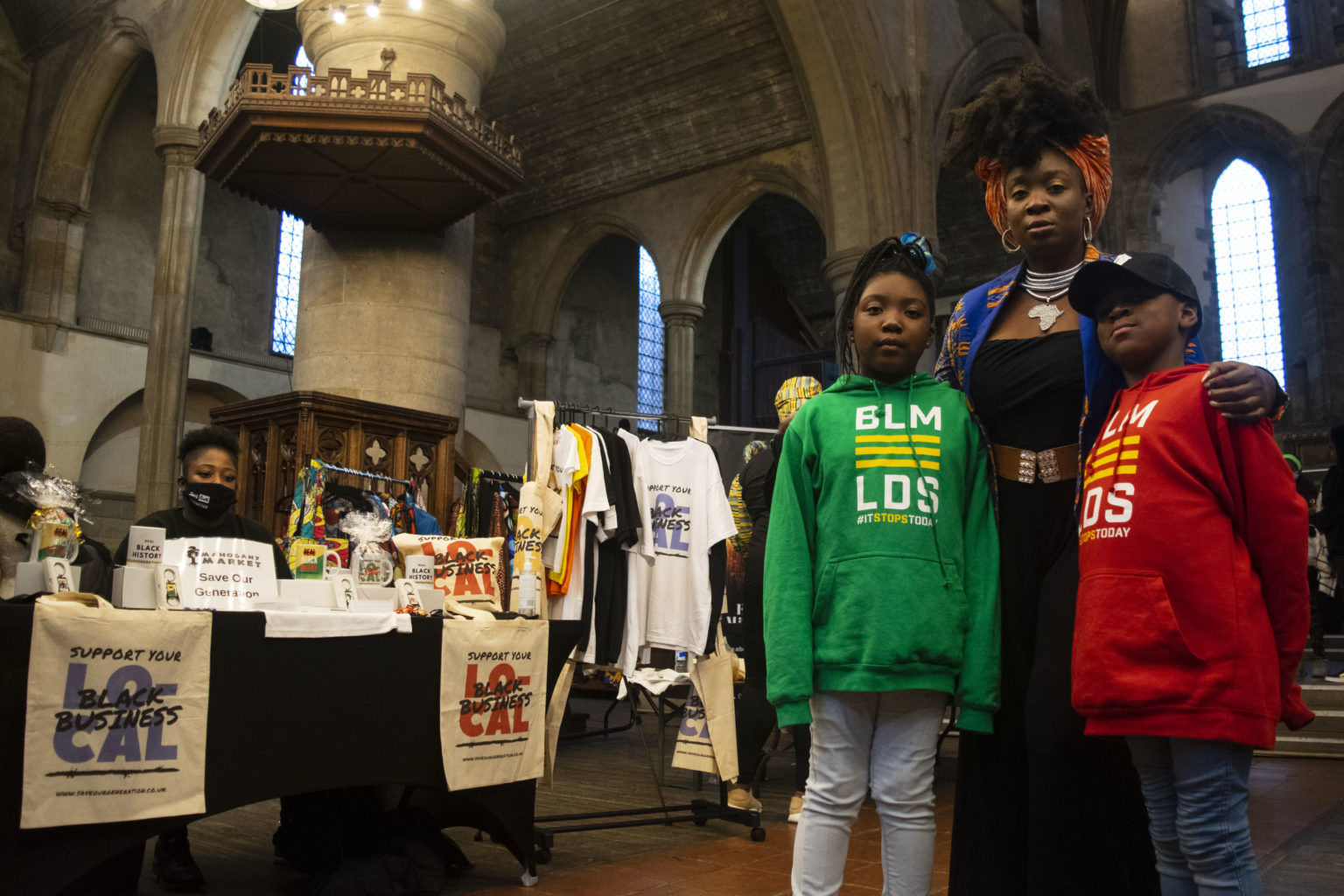You may know Marvina Newton as the founder of Black Lives Matter Leeds. She has been a prominent figure in the city’s protests this year. She was present at the Millennium Square protest and she coordinated the rally in Hyde Park.
Marvina, who has been working tirelessly to promote anti-racism, told The Gryphon “we really want to get students involved with Black Lives Matter this year.”
“We are trying to get a lot of allies together, all of whom are anti-racist”.
Anti-racism is the message at the forefront of Marvina’s aims. She sees it as essential in maintaining the momentum created after George Floyd’s murder created global outrage and mass protests this summer. “It’s not something you can tap out of because we don’t get to tap out of Blackness.”
Marvina is keen to engage with the university societies and enable them to promote anti-racist work. Not only is she an activist, she is also a Christian and she believes that her faith is an important part of her work, leading her to team up with Leeds University Faith societies this month to explore the role of Black History within religion.
“We can’t say Christianity is innocent. In the process of slavery, a lot of people used “for Queen and country and God” as an excuse during the scramble for Africa. That is why we’re trying to create a restorative healing circle, around being able to acknowledge faith or religious establishments’ impacts upon racism.”
This month, LUU faith societies will be holding a range of events to celebrate the Black experience within religious groups. They plan to hold workshops on anti-racism and will be inviting guest speakers to talk about their experiences of religion and race. Marvina’s aims are to highlight lived experiences in order to start conversations to see how faith can be used to pioneer anti-racism work.
Although she is a Christian, Marvina is eager to explore Black history within as many religions as possible.
“I know that there are Black Jewish people who are going through a lot in Israel at the moment. I know there are Muslims who have a lot of Black history around Bilal who was a prominent Black figure who did the call to prayer for Prophet Mohammed. And people don’t talk about that.” She also draws attention to the importance of African spirituality and the ways it interweaves with many of the global, majority religions.
Two years ago, Marvina was invited to an event run by the Islamic Society at the University where she was enlightened to the many Black figures within Islamic history. It is this education that she in turn wants to bring to societies this year through the events. Furthermore, she points to the need for inclusivity within places of worship and making sure that there is no segregation in the way people experience faith.
Although she is clearly very knowledgeable on the subject, Marvina makes it clear that she is still learning and that there is no end point or completion date for this kind of work. Instead, it is continuous and ongoing.
“I’m educating myself. In Black Lives Matter Leeds the three words we use are educate, unite and heal. And I hope through the [interfaith events] that this is an angle we will be looking at. How do we educate ourselves on various religions?”
“Everybody needs to [educate themselves]. We’re all privileged but we must take that privilege and turn it into power. Your power is your voice and being silent is consent. If you believe in god or higher powers you have a responsibility to see injustice and call it out. We need to use our faith as a tool to inspire change and to do that you need to educate yourself. But we don’t want you to try and become a saviour. That’s something that’s very, very crucial.”
The events have taken place across Black History Month. For more information, follow @LUUInterfaith on Facebook and @luu_faithrep on Instagram.
Featured image by Maariyah Fulat.

